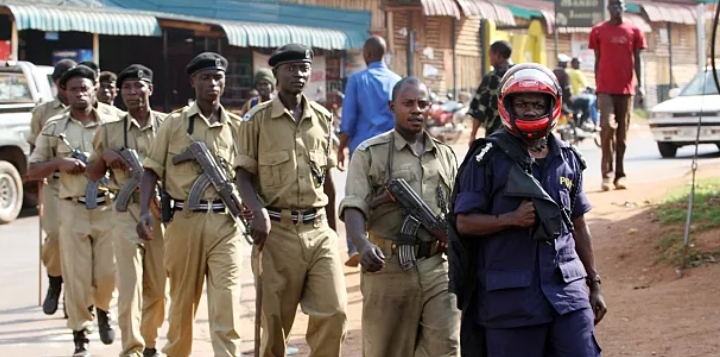World Bank resumes funding to Uganda after 2023 freeze due to anti-LGBT law, approving new social and refugee projects amid ongoing domestic support for the controversial legislation.
World Bank Restarts Support for Uganda Amid Controversy Over LGBT Legislation


The World Bank has officially resumed its financing operations in Uganda, two years after halting new funding due to concerns related to the country’s anti-LGBT legislation. This development was announced on June 5, following the World Bank’s board approval of three new projects that focus on social protection, education, and the management of forced displacement.
Back in August 2023, the World Bank had frozen all new financial commitments to Uganda after the government enacted the Anti-Homosexuality Act (AHA). This law imposed severe penalties on offenses linked to homosexuality, including life imprisonment and, in some cases, the death penalty. The legislation received widespread support within Uganda’s parliament and society but attracted strong condemnation from the international community.
A spokesperson for the World Bank explained to Reuters that, since the suspension, the institution has implemented measures aimed at mitigating potential harm stemming from the law. These safeguards are now deemed “satisfactory,” which has paved the way for the renewal of financial engagement with Uganda.
The projects recently approved include initiatives designed to assist vulnerable groups and refugees, highlighting Uganda’s role as one of the largest hosts of refugees on the African continent. The country remains a significant recipient of World Bank assistance, particularly in critical sectors such as infrastructure development and the expansion of public services.
Despite the ongoing global criticism, Uganda’s anti-homosexuality law continues to enjoy strong backing domestically. Passed in May 2023, the legislation criminalizes what it describes as the “promotion” of homosexuality and introduces the death penalty for “aggravated homosexuality.” This category includes cases involving individuals with disabilities or the transmission of serious diseases.
Similar legislative measures have been adopted or are under consideration in other African countries, including Ghana, Nigeria, and Kenya. Opponents of foreign interventions like aid suspensions and visa restrictions argue that such actions constitute political coercion. Some commentators interpret these external pressures as neo-colonial in nature, asserting that African nations should maintain the sovereign right to legislate based on their own cultural and social values.

 বাংলা
বাংলা  Spanish
Spanish  Arabic
Arabic  French
French  Chinese
Chinese 
